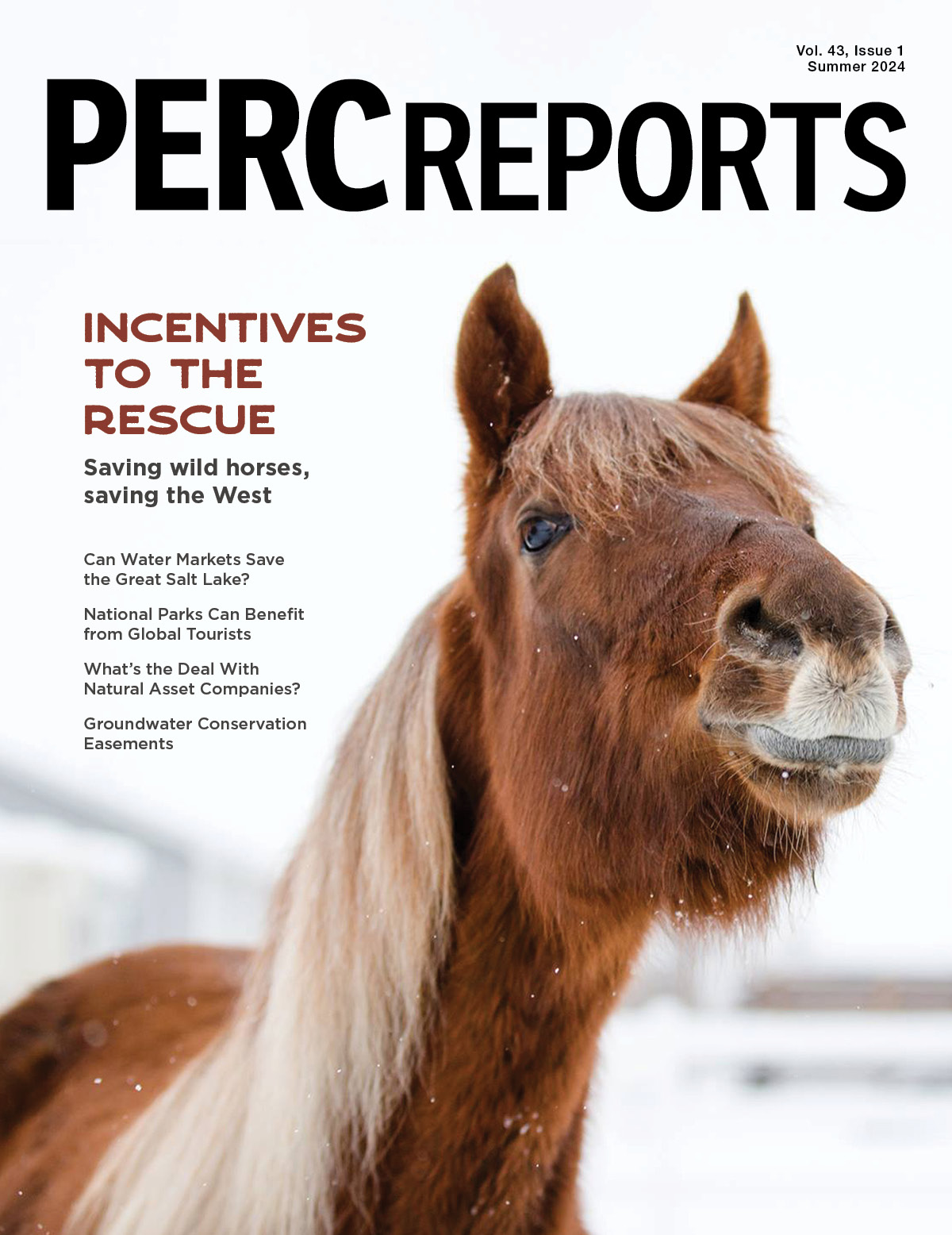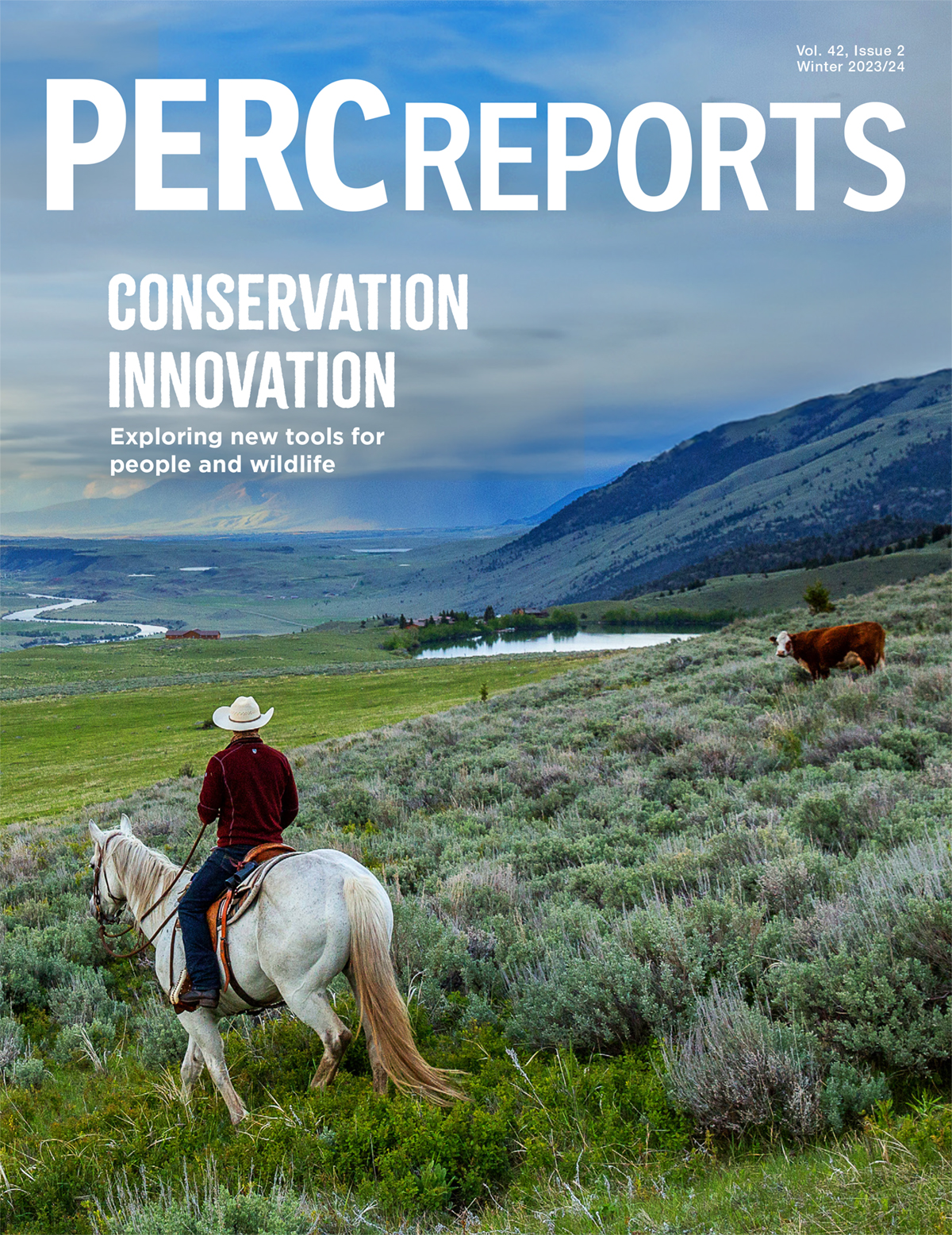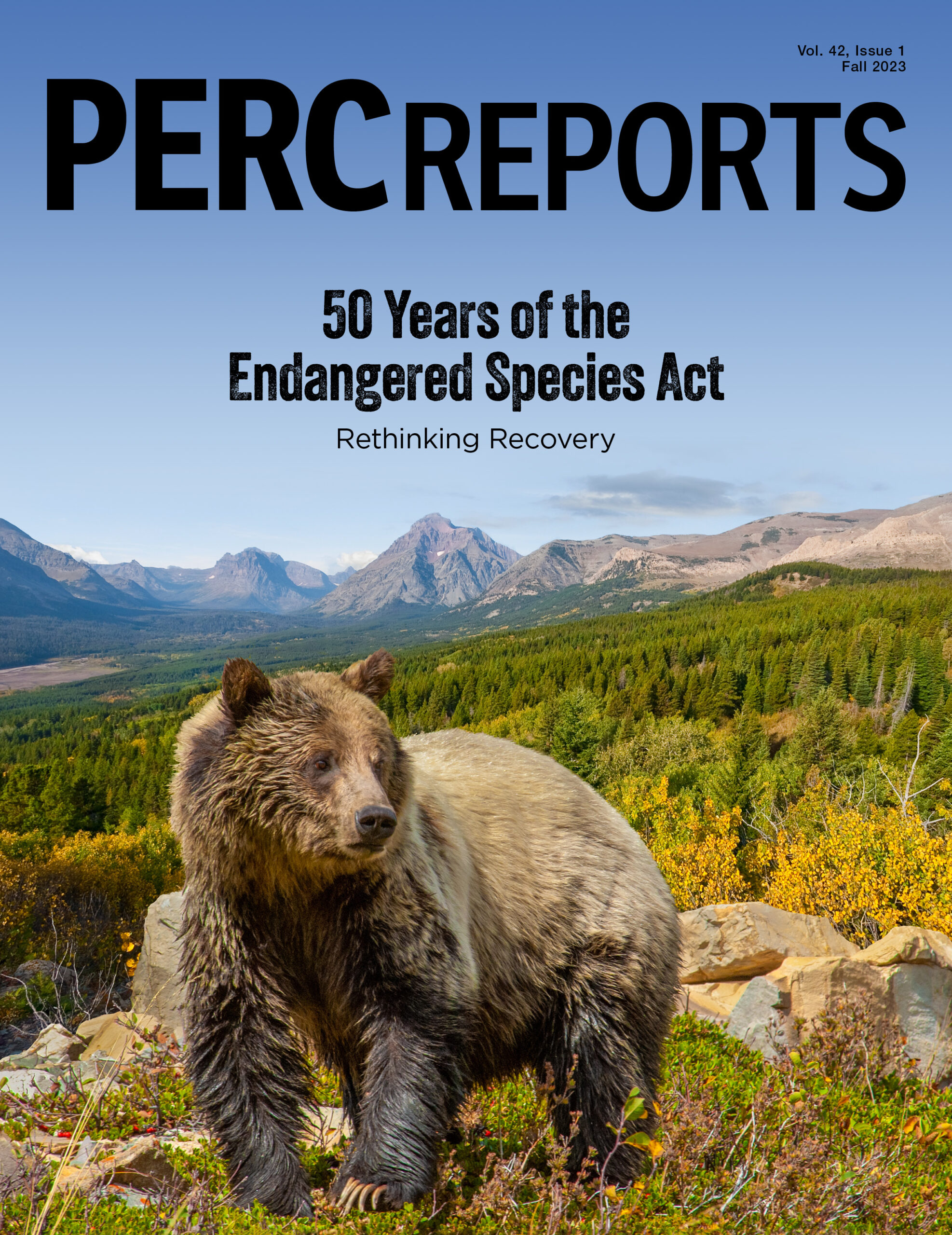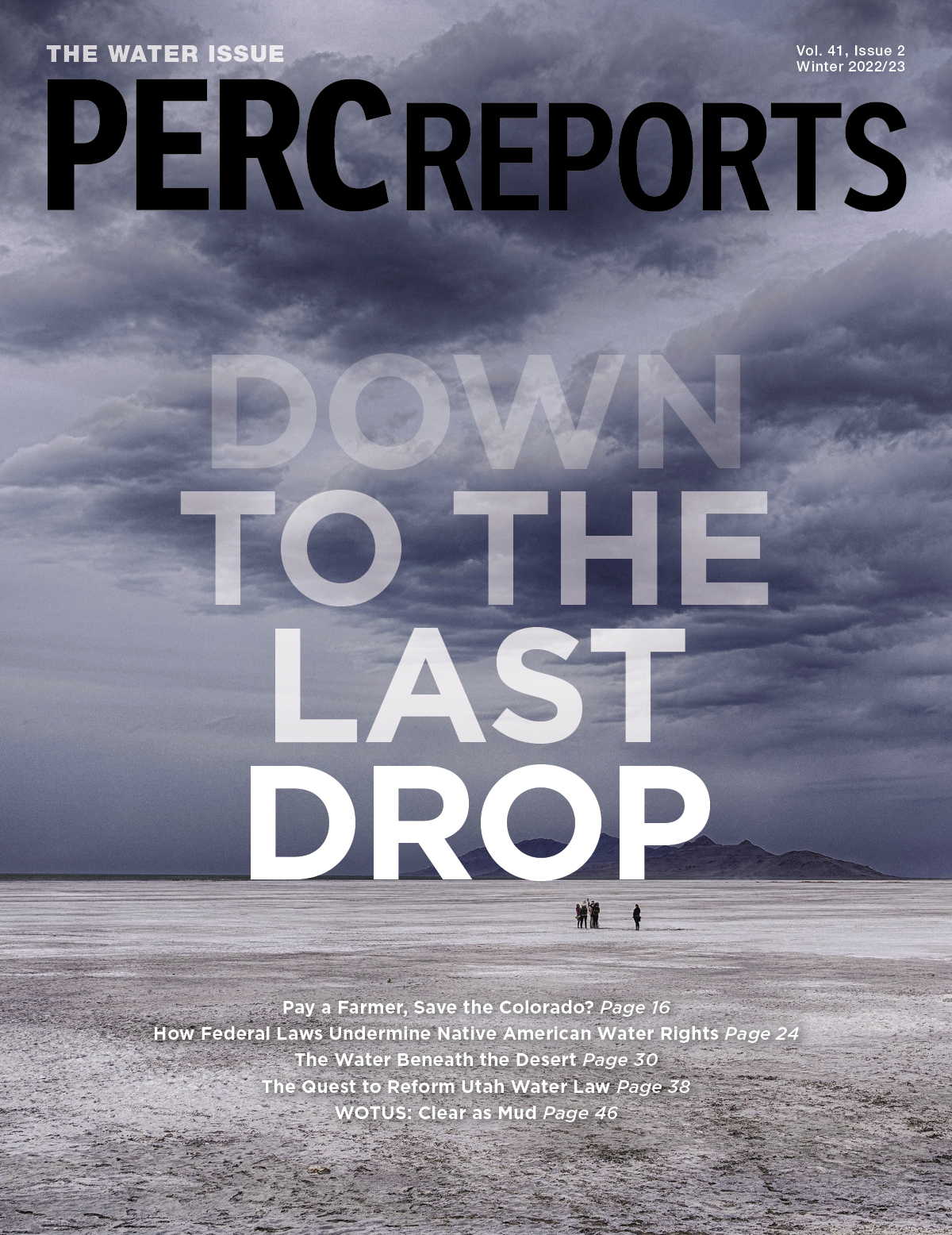
Volume 28, No.1, Spring 2010

IN THIS ISSUE


Paper Company Preserves Trees
Incentives make strange bedfellows or, in another light, encourage cooperation.
Read more
Water Out Of Thin Air
A looming global water crisis has been a springboard for new water generating technology.
Read more
The importance of transferable ownership
Property rights enable humans to acquire, use, and dispose of assets. There is a burgeoning literature on the importance of secure property rights in promoting economic prosperity, improving environmental protection, and ensuring individual liberty. A recent addition to this literature by Randall Akee (2009) shows just how important it is that the transfer (sale orContinue reading "Trash Cans Twitter Too"
Read more
Living in the new wild west
Ecological abundance. That’s not a pairing of words you hear too often these days. It’s more common to hear of ecological distress. However, both opportunities and problems associated with great ecological abundance may be seen in Montana’s Madison Valley. Lying just northwest of Yellowstone National Park, the Madison presents an eyeful. Vast herds of elk,Continue reading "Trash Cans Twitter Too"
Read more
Seagrass Credits For Sale
Enjoyment of the environment is intimately related to healthy water quality conditions for swimming, fishing, and recreation. And at the heart of it all is seagrass.
Read more
Habitat Credit Trading
The “currency” involved in the habit trading system is habitat credits.
Read more
Preserving Patagonian Grasslands and Gauchos
Like the rugged cowboy roaming the plains of the American Wild West, the image of the untamable gaucho is embroidered into the fabric of the Argentine consciousness.
Read more
Farming for Fish
The Entiat Valley Habitat Farming Enterprise Program is a vehicle to create successful transactions between willing sellers of riparian habitat and those willing to pay for restoration of fish, improved wildlife habitat, and clean water.
Read more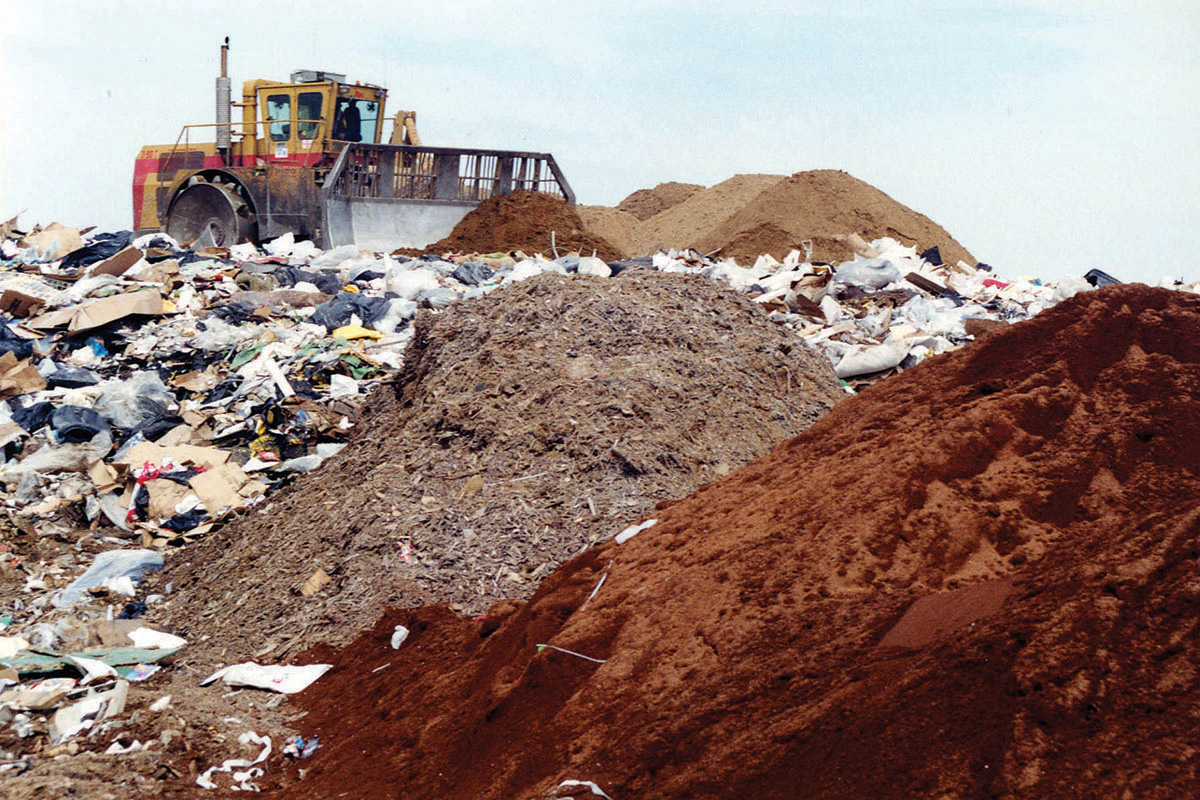
One Step Closer to Superfund Sanity
The federal Superfund program was enacted in 1980 to speed the cleanup of abandoned hazardous waste sites and hold polluting companies responsible. It was supposed to be “shovels first, lawyers later.” Instead, lawsuits proliferated and cleanups stalled. Though premised on the “polluter pays” principle, Superfund often caused polluter and non-polluter alike to overpay for minimalContinue reading "Trash Cans Twitter Too"
Read more